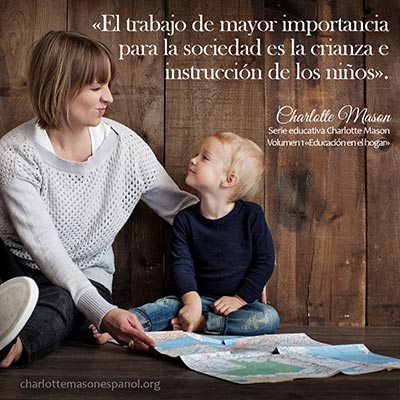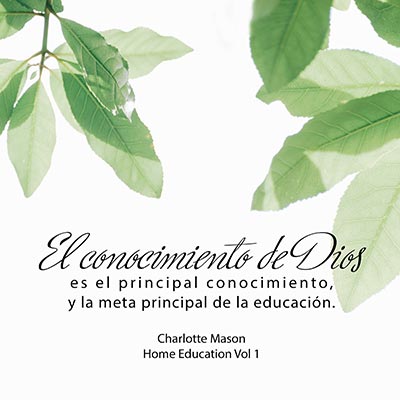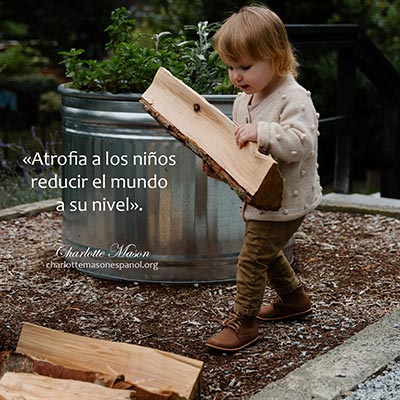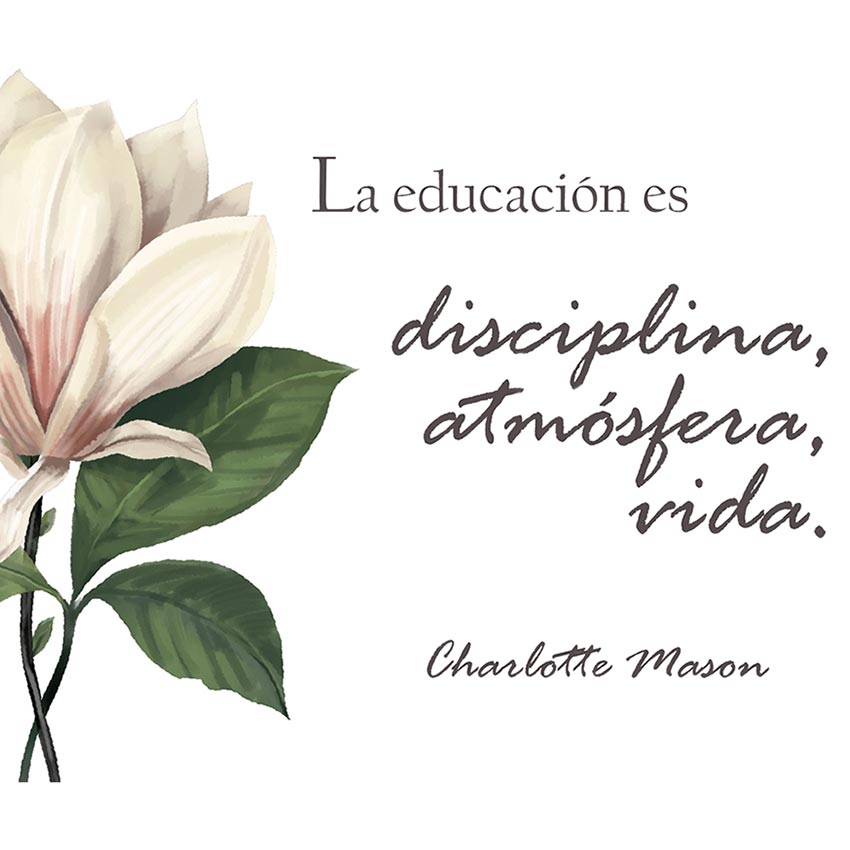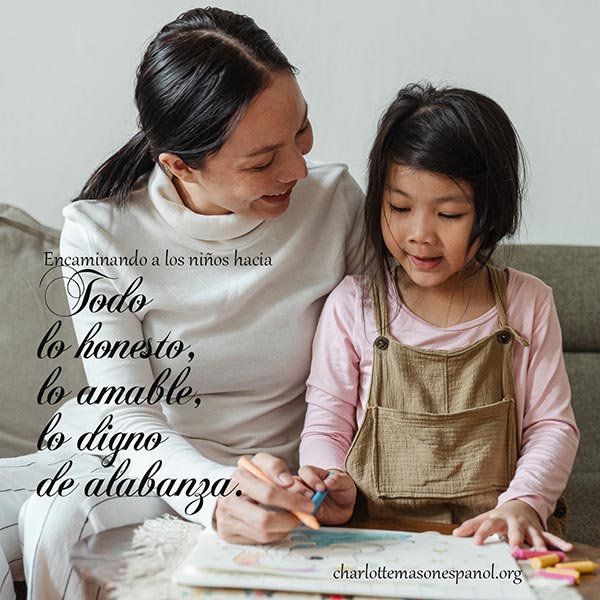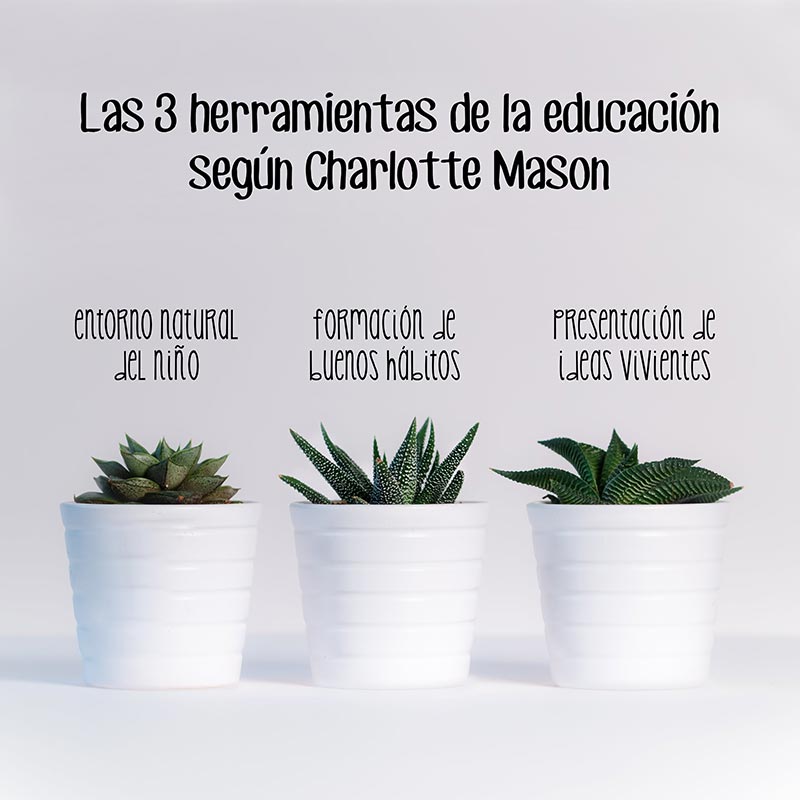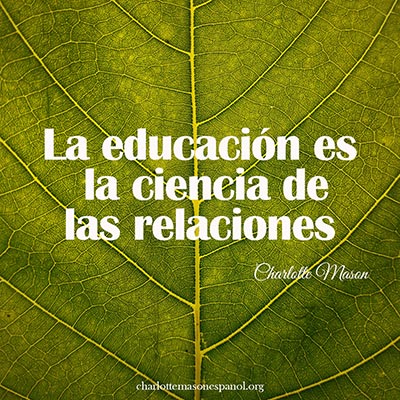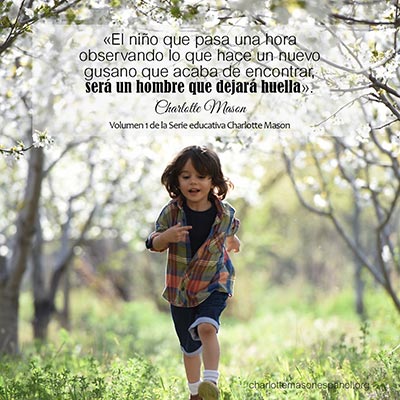LITERATURE FOR THE AMERICAS
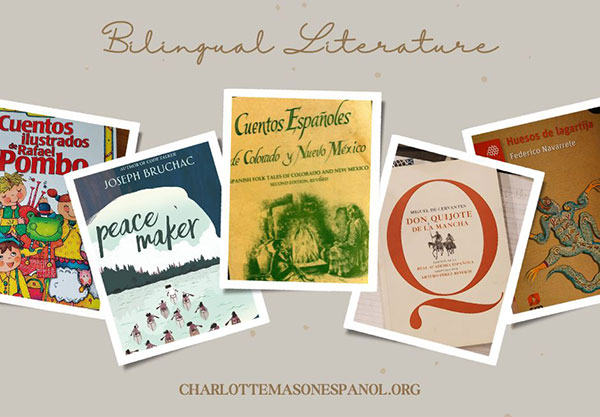
“One more thing is of vital importance; children must have books, living books; the best are not too good for them; anything less than the best is not good enough; and if it is needful to exercise economy, let go everything that belongs to soft and luxurious living before letting go the duty of supplying the books, and the frequent changes of books, which are necessary for the constant stimulation of the child’s intellectual life.”
― Charlotte Mason
Our Books
All our literature is based on “the best books” we may find for all our subjects.
- The Scriptures take first place. In English, we memorize portions from the King James Version, and do our lessons with the New King James Version. In Spanish, we memorize portions of the Reina Valera 1960, and do lessons with the Biblia de las Américas.
- Literature for all subjects is taught in its language of origin, either English or Spanish. Thanks to our bilingual and bicultural background, we can enjoy authors and their brilliant minds in their mother tongue, which provides us with the excellence we pursue in our Mason education.
- History is the pivot of a Charlotte Mason program. Given our Hispanic cultural identity in an Anglo-centered country, we study the historical progression of the territory that is today the United States of America, as follows,
- We learn the chronological history of the United States of America from the perspective of the peoples reflecting our ancestry, that is, Native American, Spanish, and English.
- Our “neighbor” country is the Spanish-speaking Americas. We come naturally into touch with the history of Spain and England, and Europe at large.
- As we advance in our studies, we learn about the world, making specific stops in countries or events that are especially important to us or our focus.
- When it’s time to learn about ancient times, we research, read, and visit ancient sites (when possible) of the native cultures in the Americas, the Iberian Peninsula, and the British Isles.
In Charlotte Mason’s Words
“We introduce children as early as possible to the contemporary history of other countries as the study of English history alone is apt to lead to a certain insular and arrogant habit of mind. […] Perhaps the gravest defect in school curricula is that they fail to give a comprehensive, intelligent and interesting introduction to history. To leave off or even to begin with the history of our own country is fatal. We cannot live sanely unless we know that other peoples are as we are with a difference, that their history is as ours, with a difference, that they too have been represented by their poets and their artists, that they too have their literature and their national life.”
An Essay Towards a Philosophy of Education, Charlotte Mason

